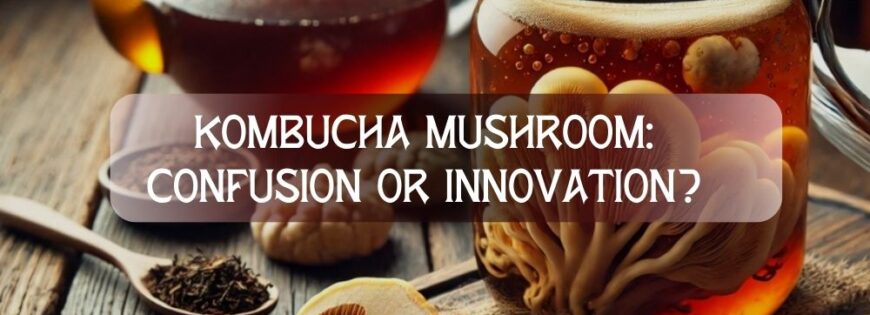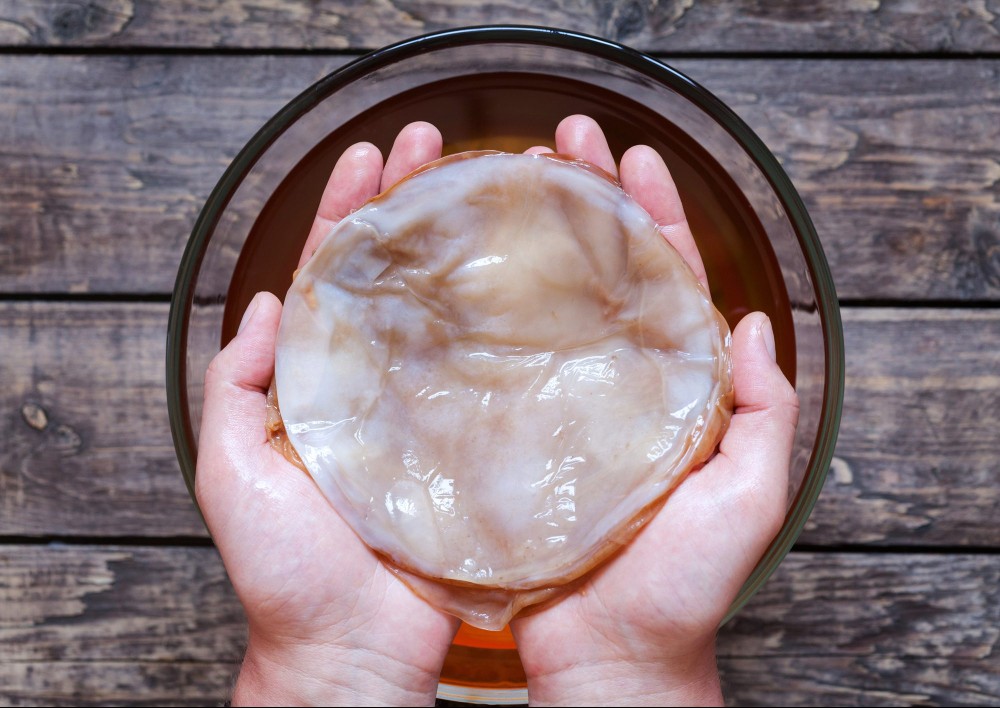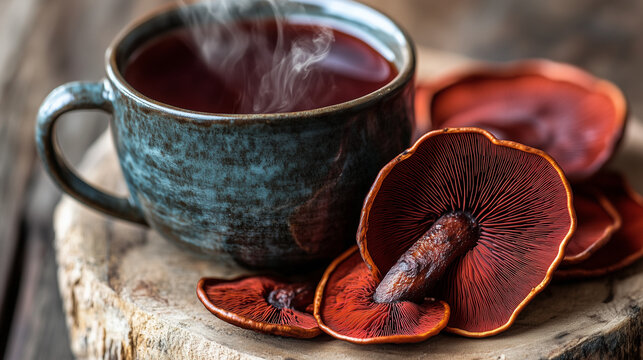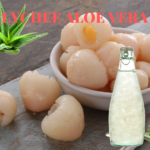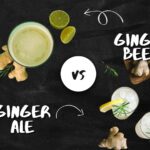The keyword “mushroom kombucha” has been popping up more and more, causing kombucha lovers and wellness seekers alike to question: what’s the connection between mushrooms and kombucha? If you’re curious about the rise of this unique drink, you’re not alone. Here’s everything you need to know about mushroom kombucha, from its roots to its place in the wellness world today.
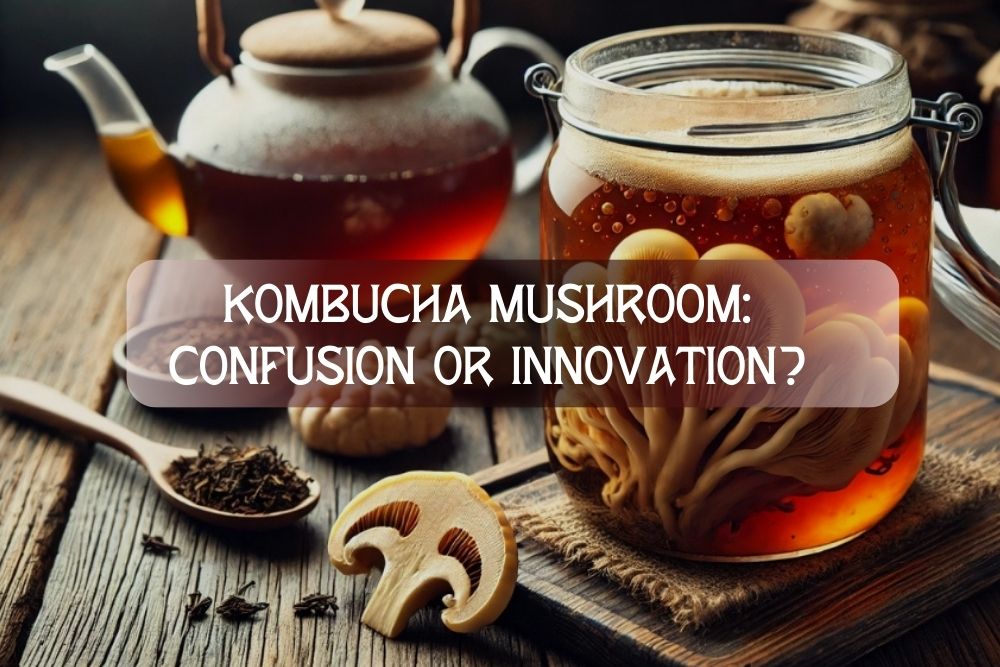
What exactly is Kombucha? Is Kombucha Mushroom?
No, Kombucha is No Mushroom
To clear things up right from the start, kombucha isn’t actually a mushroom. However, it’s often called “kombucha mushroom tea” in various cultures because of its use of a SCOBY—a Symbiotic Culture of Bacteria and Yeast that resembles a thick, cap-like layer, similar in appearance to a mushroom. This fermentation culture has been mistakenly called “mushroom” in many languages, which can lead to a bit of confusion. The reality? Kombucha is simply a tea that has undergone a unique fermentation process with probiotics.
What Exactly Is Kombucha?
At its core, kombucha is a fermented tea made by combining brewed tea, sugar, and a SCOBY. The SCOBY ferments the tea over several days, resulting in a fizzy, tangy drink loaded with probiotics and beneficial acids. Originating from East Asia, kombucha has been enjoyed for centuries as a health-boosting beverage and continues to gain popularity worldwide.
Where Does Kombucha Come From?
Myth, Legends and Truths
The origins of kombucha are a mix of myth, legend, and documented history, giving it a bit of mystery. Many believe it originated in China, where it was known as the “Tea of Immortality.” From there, kombucha is said to have traveled through Japan and Russia, eventually reaching the Western world. Each region added its own interpretations and names, with “mushroom tea” gaining popularity due to the SCOBY’s mushroom-like appearance. Today, kombucha remains a global favorite, attracting a wide audience interested in wellness and natural fermentation.
Does It Matter?
Whether or not kombucha truly comes from any single region may not matter as much as the benefits it provides today. With each culture adapting and reshaping kombucha, its global journey has only added to its popularity and appeal. Now, kombucha offers a blend of wellness, history, and versatility, making it a refreshing, probiotic-rich choice for people worldwide.
Kombucha Mushroom: From Confusion to Innovative Formula
Why Is It Innovative?
Mushroom kombucha represents a unique fusion of fermentation and functional ingredients, making it stand out in the beverage market. By incorporating adaptogenic and health-supporting mushrooms like reishi and lion’s mane, kombucha’s natural benefits are amplified, offering a drink that caters to modern wellness trends. This combination not only enhances flavor but also brings a layered, nutrient-rich profile to a classic drink, appealing to consumers eager for multifunctional beverages that go beyond traditional choices.
Spotlight on Market Mushrooms: What’s Available for Your Kombucha?
The mushroom market offers a range of options for kombucha experimentation, each with unique benefits. Reishi is known for its stress-relieving qualities, lion’s mane may boost cognitive function, and cordyceps is often favored for energy support. These varieties, along with others like shiitake and chaga, add depth and distinct flavors, making them ideal choices for crafting unique kombucha blends.
The Future of Mushroom Kombucha: Unlocking New Possibilities
As wellness trends evolve, mushroom kombucha presents a world of possibilities for innovative drink formulations. From expanding flavor profiles to developing targeted health benefits, the potential for mushroom kombucha in functional beverages is vast. It opens up opportunities for customization, catering to consumers interested in digestive health, mental clarity, and immunity-boosting qualities—all through the convenience of a refreshing drink


